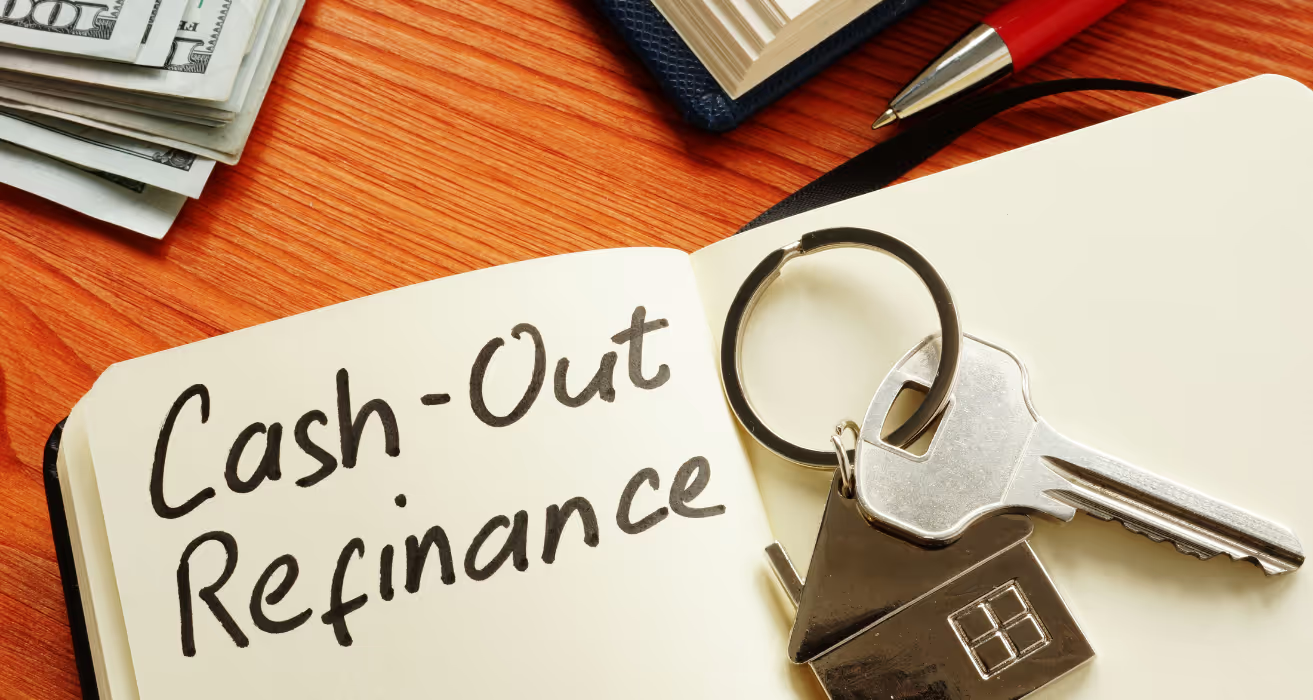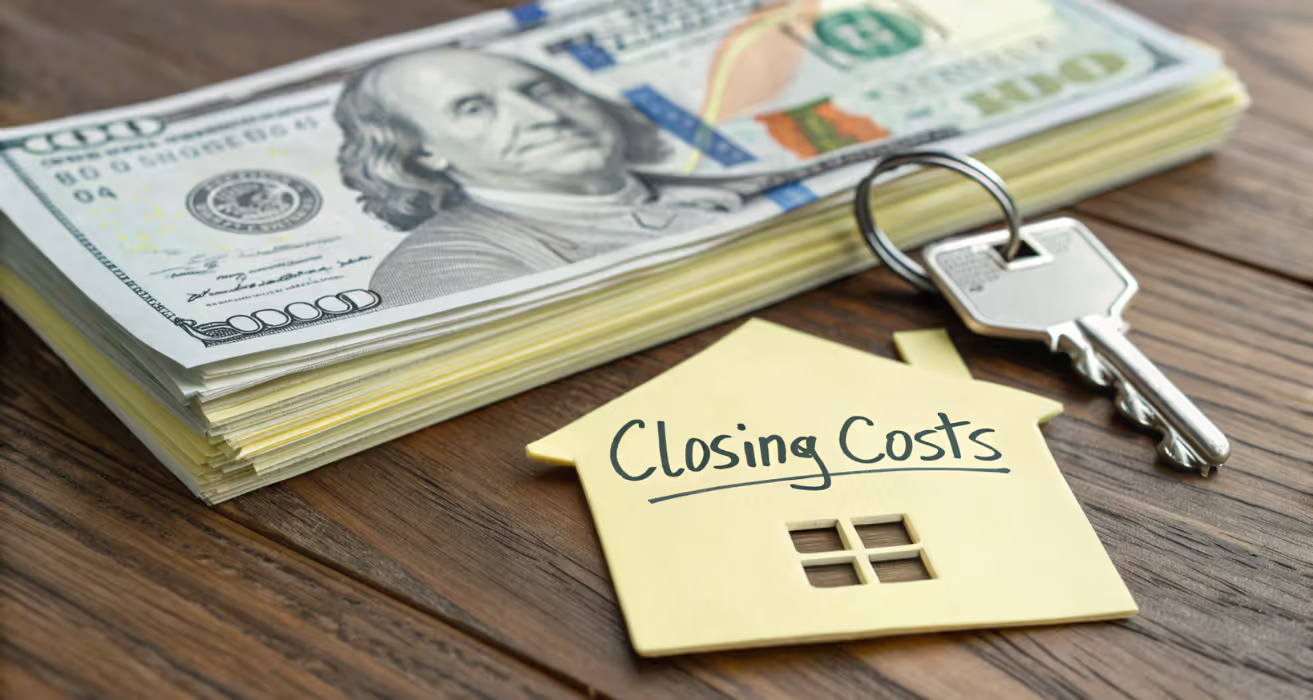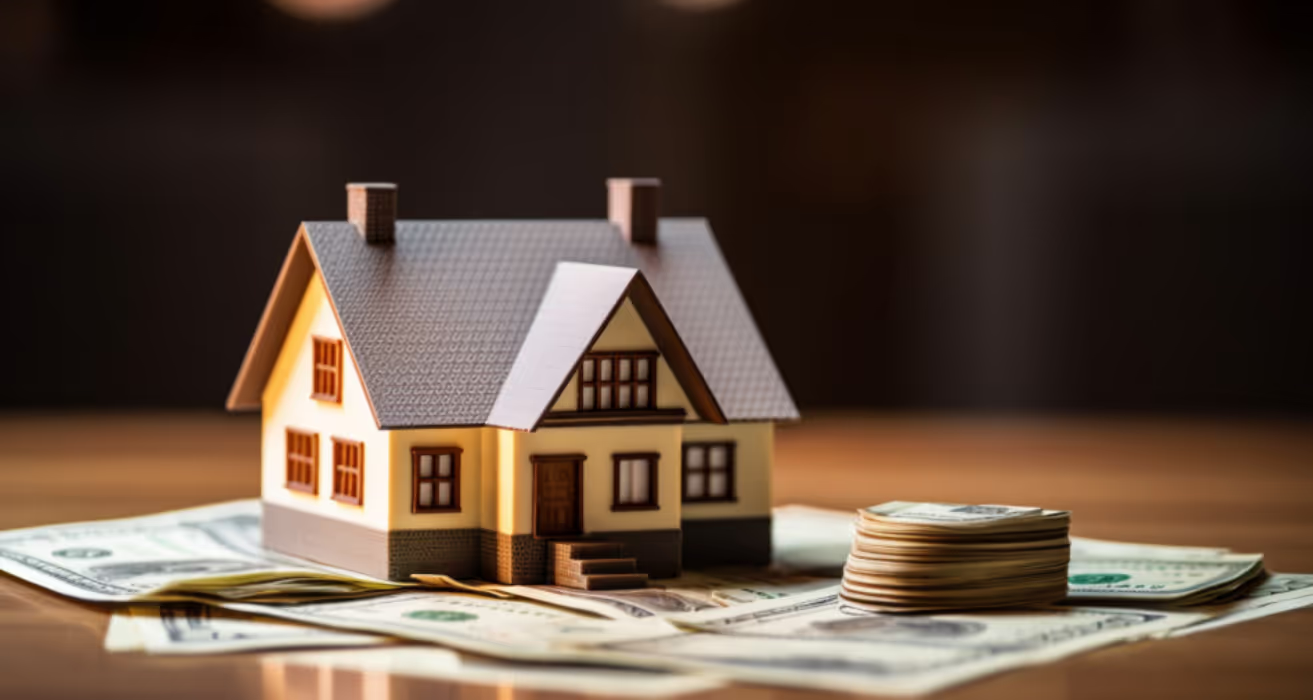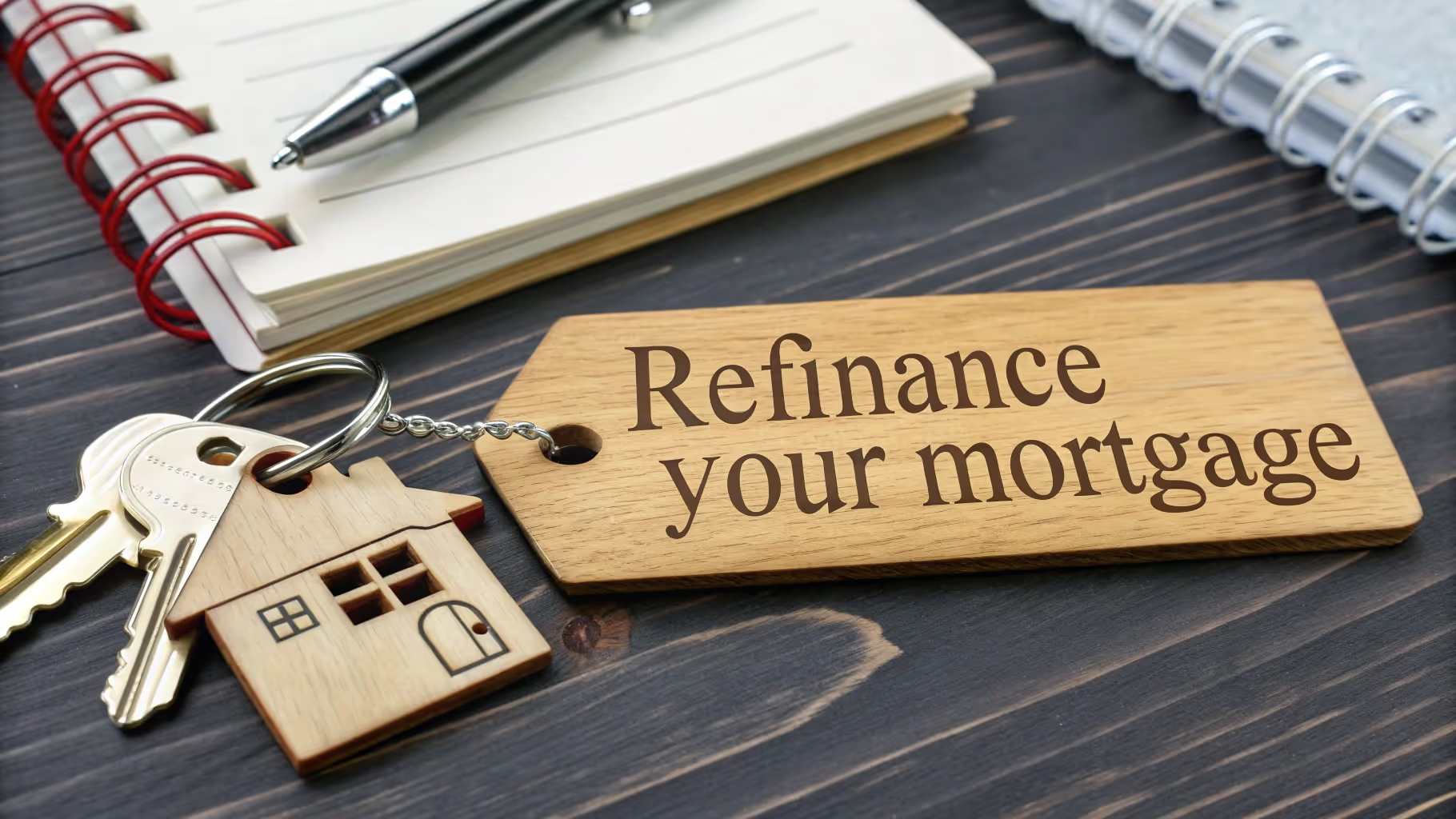What To Expect During A Refinance Appraisal?
.avif)
Refinancing your mortgage sounds great, until you hit the appraisal wall. Many homeowners feel blindsided when the appraised value comes back lower than expected, affecting loan terms or derailing their refinance altogether.
Heads up: Appraisals are a required part of most refinances. And yes, they matter, a lot.
But don’t worry, we’ve got your back. This guide walks you through what happens during a refinance appraisal, how to prep for one, and how to handle any surprises. Let’s make sure your home shines when the appraiser walks in.
Key Takeaways:
- A refinance appraisal determines your home’s current market value and can impact loan terms.
- Lenders use appraisal results to assess risk and finalize your loan approval.
- Key home features, local comps, and recent upgrades heavily influence your appraised value.
- Prepping your home strategically can help boost your final valuation.
- Understanding the appraisal process helps reduce stress and avoid delays.
Why Refinance Appraisals Matter?
Your refinance hinges on one thing: your home’s value. Lenders use this number to determine your loan-to-value (LTV) ratio, which directly affects:
- Your interest rate
- Whether you’ll need mortgage insurance
- Your ability to cash out equity
Pro Tip: The higher your appraised value, the more financial wiggle room you get.
What Appraisers Actually Look For?
Appraisers aren’t judging your decor. They assess your home’s value based on tangible criteria, such as:
- Square footage
- Number of bedrooms/bathrooms
- Overall condition (roof, HVAC, foundation, etc.)
- Upgrades and improvements
- Curb appeal
- Comparable sales in your area ("comps")
They're required to follow Uniform Standards of Professional Appraisal Practice (USPAP) and cannot inflate values.
Pre-Appraisal Checklist: How To Prepare
Want to boost your chances of a great outcome? Start here:
- Declutter and clean – First impressions matter.
- Make minor repairs – Leaky faucet? Squeaky door? Fix it.
- Document upgrades – Create a list of improvements with receipts.
- Enhance curb appeal – Tidy landscaping goes a long way.
- Provide helpful info – Leave out a list of recent comparable sales in your area.
Common Appraisal Pitfalls
Even great homes can fall short on paper. Watch for these:
- Over-personalized spaces (e.g., converted garages)
- Deferred maintenance (peeling paint, broken fixtures)
- Mismatched upgrades (a luxury kitchen in a basic home)
Tip: Stick to upgrades that align with your neighborhood’s market.
What Happens After the Appraisal?
After the walkthrough, the appraiser submits their report to your lender. Then:
- If the value meets or exceeds expectations: You’re good to go.
- If it’s lower than needed, you may need to:
- Reduce your loan amount
- Bring cash to closing
- Dispute the appraisal (if the data is inaccurate)
How to Dispute a Low Appraisal?
You have the right to challenge an appraisal. Here's how:
- Request a copy of the report
- Highlight inaccuracies (square footage, condition, comps)
- Provide your data to back up your claim
- Submit your dispute through the lender’s process
Conclusion: Make Your Refinance Smoother
Understanding what to expect during a refinance appraisal puts the power back in your hands. With the right prep and knowledge, you can help ensure your home is valued fairly and your refinance closes without a hitch.
If you’re looking for an innovative, commission-free home buying experience or want expert guidance on your refinance, consider realpha and Be My Neighbor as trusted partners in your homeownership journey.
Be My Neighbor, NMLS #1743790. Realpha operates in partnership with BMN to deliver mortgage solutions.
FAQs
What is a refinance appraisal?
A refinance appraisal is a professional assessment of your home's current market value required by your lender during the refinance process.
How long does a refinance appraisal take?
Typically, the appraisal visit takes 30-60 minutes. The final report is usually submitted within 5-7 business days.
Can I skip the appraisal when refinancing?
In some cases, yes. If you're eligible for an appraisal waiver (often available through automated underwriting systems), you might not need one.
What happens if my home appraises low?
You may need to lower your loan amount, pay the difference out of pocket, or dispute the appraisal with new data.
How can I increase my home's appraisal value?
Clean, declutter, complete repairs, document upgrades, and prep your home for the best first impression.
Need more refinance clarity? Visit realpha for a smarter, commission-free way to buy or refinance a home. Or check out Be My Neighbor for personalized support from mortgage professionals you can trust.
This content is for informational purposes only and should not be considered financial advice. All loan programs are subject to credit approval and property eligibility. Rates, terms, and conditions are subject to change without notice. NMLS #1743790.


.avif)
.avif)
.avif)
.avif)
.avif)
.avif)
.avif)
.avif)
.avif)
.avif)
.avif)
.avif)
.avif)
.avif)
.avif)
.avif)
.avif)
.avif)
.avif)
.avif)
.avif)
.avif)
.avif)

.avif)

.avif)
.avif)
.avif)
.avif)
.avif)


.avif)

.avif)





.avif)
.avif)
.avif)
.avif)
.avif)
.avif)
.avif)
.avif)
.avif)
.avif)
.avif)
.avif)
.avif)
.avif)
.avif)
.avif)



